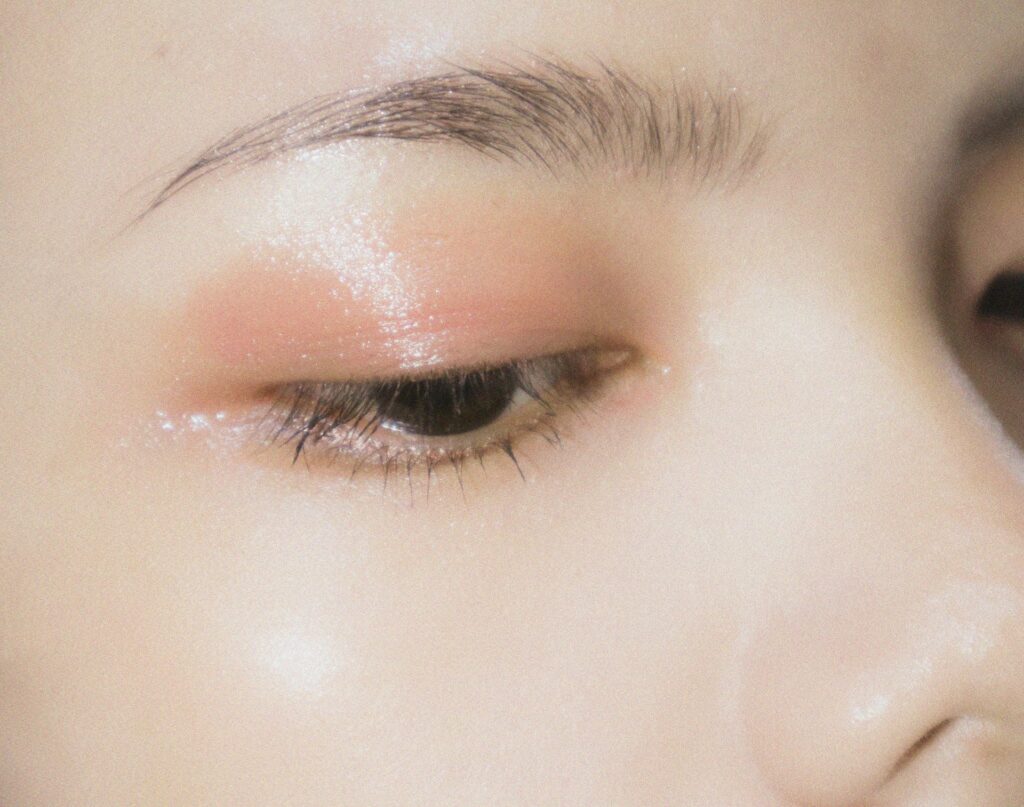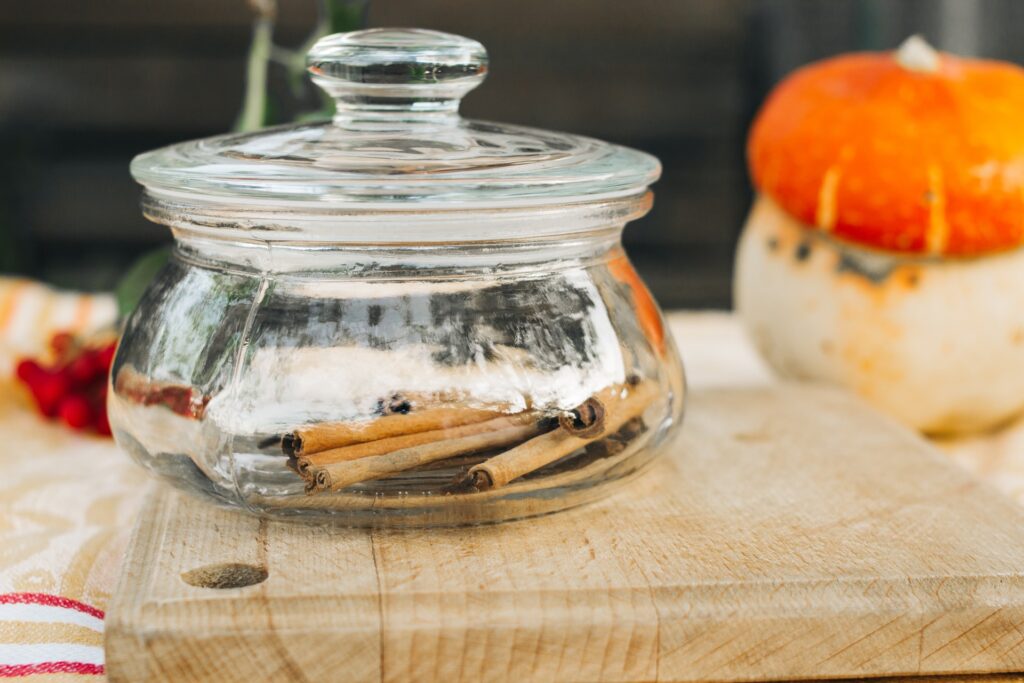The occasional pimples can be treated. If you are using over-the-counter cosmetics and creams make sure they are water-based.
Even if the outbreaks can be reduced, you can choose conventional treatment for the best result. If you want to get rid of acne, you have come to the right place.
Treatment for acne like niacinamide, benzoyl peroxide, or salicylic acid are proven to be the best effective acne solutions, but they can be costly and may cause some serious side effects like redness, irritation, and dryness.
This has led many to look into the best treatments to cure acne at home naturally.
A study found that about 77% of acne patients had tried several alternative treatment for acne.
Different home remedies lack some kind of scientific baking and further research on their effectiveness is required.
If you are searching for the best treatment for acne, then you have come to the right place.
There are several home remedies that lack scientific backing and further research on their effectiveness is required.
If you are searching for alternative treatments, though there are still various choices that you can try.
Table of contents
What Causes Acne & Pimples
Generally, acne starts when the skin pores get clogged with dead skin cells and oil.
Skin pores are joined to a sebaceous gland, which develops an oily substance known as sebum.
Extra sebum can clog the skin pores, which results in the growth of bacteria known as Propionibacterium acnes, or P. acne.

Your white blood cells attack P. acnes, which lead to acne and skin inflammation.
Some of the causes of acne are more serious when compared to others, but some of the common symptoms include blackheads, pimples, and whiteheads.
Some of the factors that contribute to the development of acne and pimples are:
- Diet
- Stress
- Genetics
- Infections
- Hormone changes
Standard clinical treatments for acne are considered the most effective for lessening acne.
You can even try home remedies, though more research on their effectiveness is required. Here are some of the common treatments for acne.
Who Should follow a treatment for acne?
Acne treatment is not same for everyone.
If antibiotics an prescription creams are not giving effective results for you or if you are among those who cannot tolerate the side effects of the medicines, then you must consider treatment for acne at home.
Best Treatment for Acne at Home
1. Apply Apple Cider Vinegar- Apple cider vinegar is made by fermenting Apple Cider or the un-filtered juice from the pressed apples.
Similar to other vinegar, it is popular for its capability to fight different types of fungi and bacteria.
Apple cider vinegar consists of organic acids, like citric acid, that are known for killing P. acnes.
Research has shown that succinic acid, another essential organic acid, suppresses the inflammation caused by P. acnes, which may avoid scarring.
Lactic acid, another important acid present in apple cider vinegar, may also enhance the appearance of acne scars.
While some components of apple cider vinegar may help treat acne, there is at present no evidence to support its use for this purpose.
There are some dermatologists who advise not to use apple cider vinegar as it causes skin irritation.
2. Benzoyl peroxide- For treating mild acne, you may try, or your doctor may suggest, treatment with a non-prescription medicine that consists of Benzoyl peroxide.
Studies have proved that this compound works great by damaging the bacteria which cause acne.
It generally takes about four weeks to work and it must be used continuously to keep the acne and pimple at bay.
Like several over-the-counter and prescription medicines, it does not affect the production of sebum or the way the skin follicle cells are shed, and when you stop it, the acne returns.
It is available in different forms like lotions, creams, foams, cleansing pads, gels, and washes. Benzoyl peroxide makes the skin dry, so take care while applying it.

3. Topical retinol creams or gels- Retinol works to keep the pimples from forming. It affects the growth of cells, which causes increased cell turnover to unblock the skin pores.
Your acne may worsen before it gets better as this will work on the pimples that have started to form under the skin.
It must be used for several days and it may take about 8 to 12 weeks to get effective results. Retinoids used to be available in just a prescription strength.
4. Use a cinnamon and honey mask- Cinnamon and honey have the ability to fight acne and bacteria and lessen inflammation, which are the two important factors that trigger acne.
A study conducted in 2017 revealed that the mix of cinnamon bark and honey has anti-bacterial effects which work against acnes.
5. Apply green tea- It is high in antioxidants. Drinking green tea can promote good health. It also helps in reducing acne.
This is mostly because the polyphenols present in green tea helps in fighting bacteria and lessen inflammation, which are the two main causes behind acne.
Though there is not much research that shows the benefits of drinking green tea when it comes to treating acne.
Conclusion
Acne and pimples are a common problem with different causes.
According to experts, conventional treatments like niacinamide, benzoyl peroxide, and salicylic acid are always effective, though some people may face skin irritation.
There are many who prefer home remedies when it comes to treatment for acne.
Although most of the home remedies for acne have not proved to be clinically effective, but they are considred as one of the best alternatives.
Nevertheless, you must consult a dermatologist if you suffer from sever acne.
To know more about acne treatments and skincare tips, follow us.

